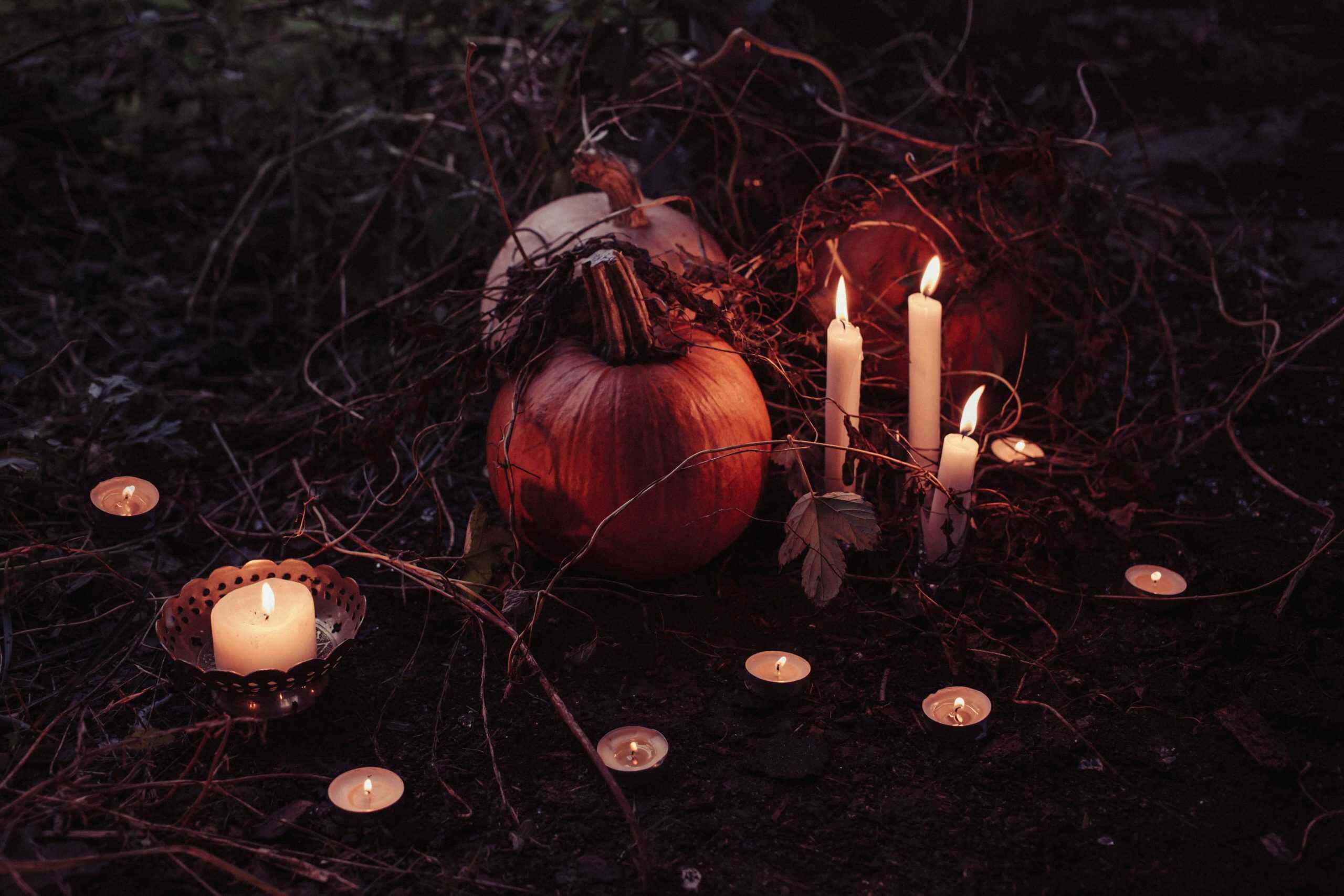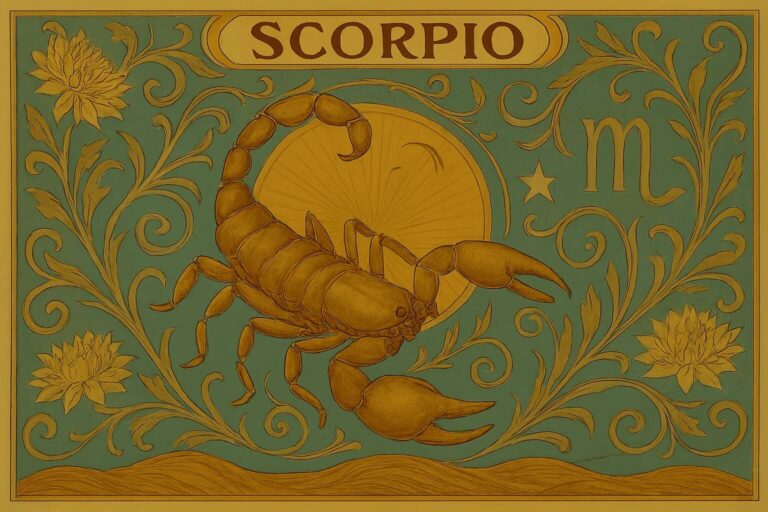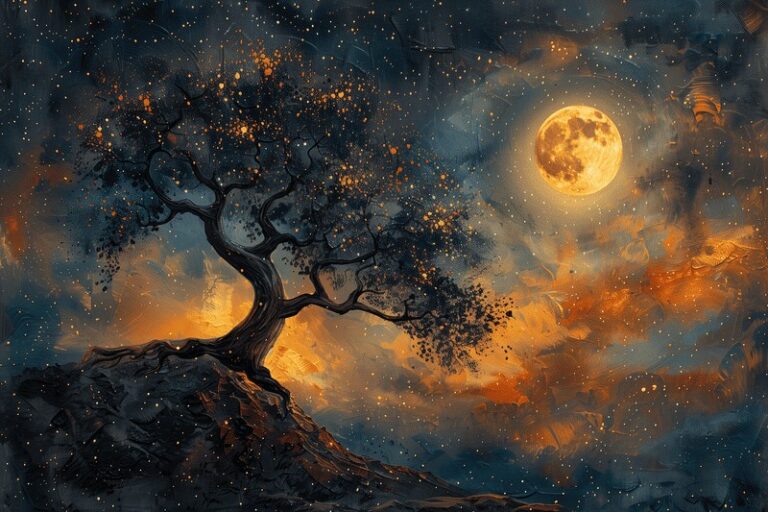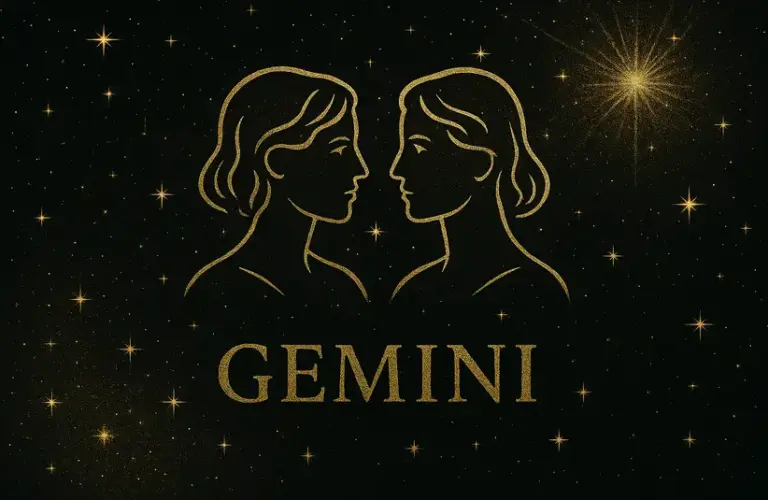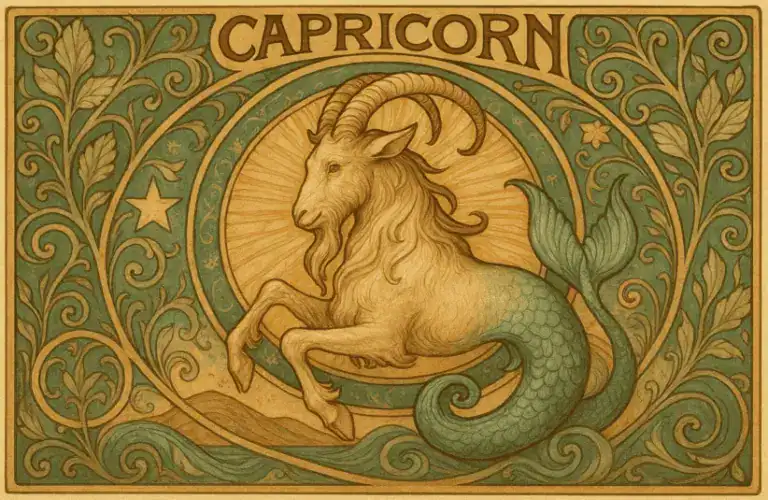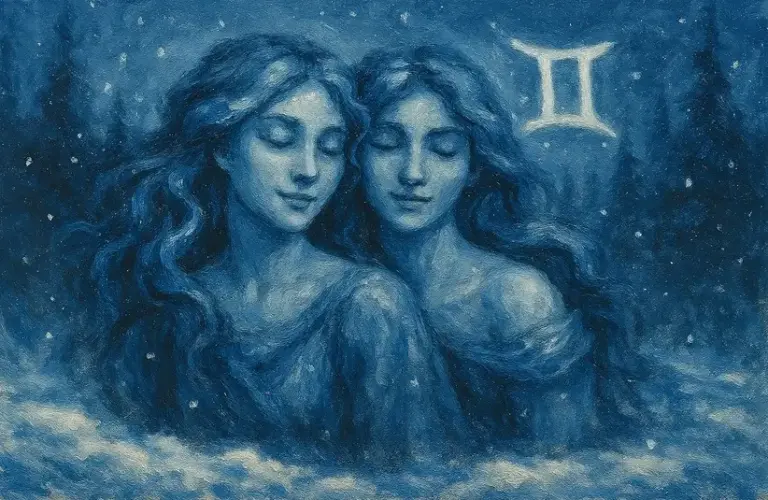What Is Mabon? A Beginner’s Guide to the Pagan Autumn Equinox Sabbat
Gather ’round, Witches, Pagans, and curious folk! Mabon, the Autumn Equinox (for those of us in the northern hemisphere), is nearly upon us, and on this day of equal day and equal night, we’ll feast and celebrate the harvest that sustains us through the winter cold. At least, that’s how it was for our ancestors. In our modern times, we don’t concern ourselves with a winter food stockpile as they did. But the turning of the Wheel and the celebration of the harvest remain!
*For clarity, I’ll only be discussing things from the northern hemisphere point of view. Apologies to our southern brethren!
What is Mabon?
Mabon is one of the eight Sabbats, special days celebrated by Pagans, Witches, Wiccans, and more. It’s the second harvest festival, after Lughnasadh (Lammas), which was celebrated on August 1st. On the Wheel of the Year, this is the eighth of the Sabbats. For those who follow these spiritual paths, the beginning of the year is generally seen to be Samhain on October 31.
Mabon coincides with the Autumn Equinox (Sep. 22, 2025) and is a time of celebration as farmers traditionally bring in the harvest, and folk give thanks for the abundance. Our ancestors would now know if they had enough food to last through winter. Mabon is a time of gratitude, balance, and preparation.
Where Do These Traditions Come From?
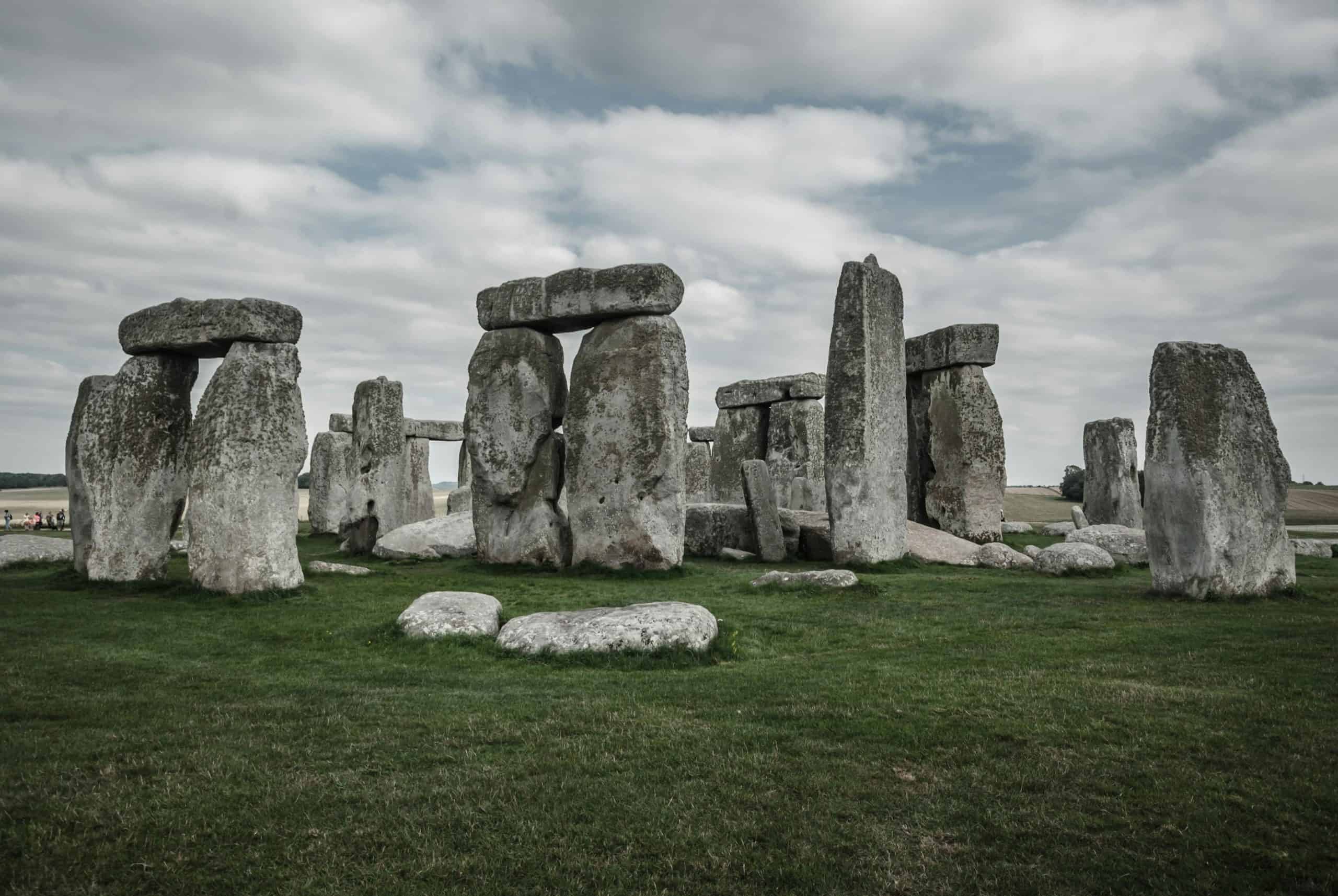
It may be interesting to you to know that Mabon is a modern tradition. There is no concrete evidence that the Celts held such an Autumn Equinox celebration. In this way, it’s different from other Sabbats like Imbolc, Beltane, Lughnasadh, and Samhain. However, in places around the world, the ancients left their structures that marked the Equinox. For example, the Pyramid of Kulkulkan in Chichén Itzá, Mexico, the Pyramids of Giza in Egypt, and Angkor Wat in Cambodia. Although modern celebrations are held at Stonehenge, it’s unclear whether the builders meant for it to mark the Equinox, though it does serve that purpose.
The name, Mabon, is taken from the Welsh god Mabon ap Modron (literally Son of the Mother). This name was chosen, in the 1970s, by Aiden Kelly, who was a co-founder of the New Reformed Orthodox Order of the Golden Dawn. He had noticed that the Equinox didn’t have a name of its own. He thought of myths that were associated with the Autumn Equinox and, though he couldn’t find one in Gaelic or Germanic stories, he saw the story of Mabon ap Modron in the Welsh Mabinogion. The name fit, and so he chose it.
The Meaning of the Day
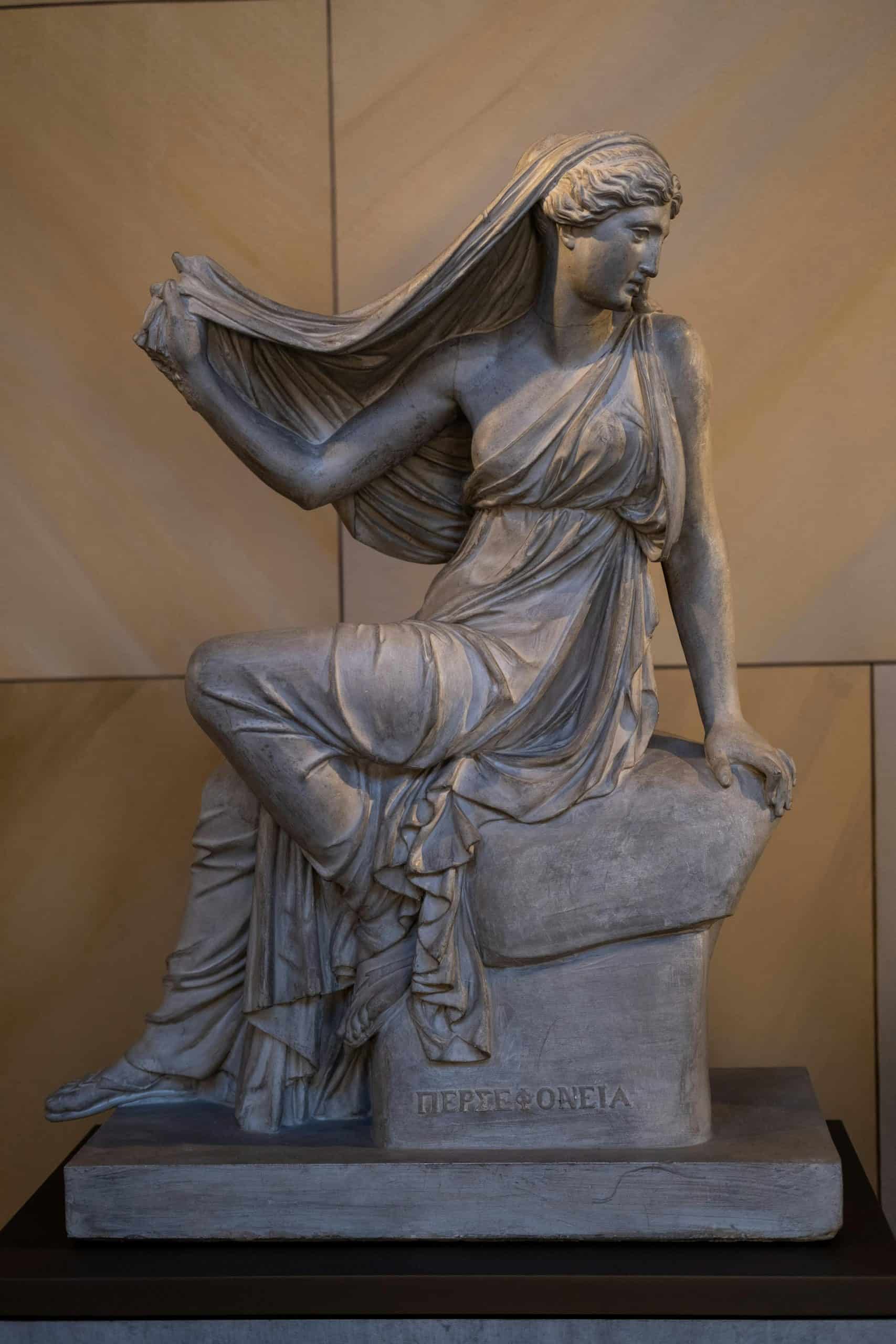
The Autumn Equinox is a time of balance and giving thanks. The equal light and dark of the day is a reminder of balance. And people give thanks for the Earth’s bounty, which will sustain them. They have celebrations that including feasting and rituals. It’s a kind of pagan Thanksgiving! But that’s not all. This is a time of preparation. Even as folk are grateful for the sun, beautiful weather, and abundant harvest, they know that a darker time is coming as the nights grow longer.
In Wiccan tradition, this is also the time when the Goddess is starting to change from her Mother aspect to Crone. And the Oak King becomes weaker as the Holly King will soon take his place. Symbolically, the God or Lord is preparing for his death at Samhain, and the Goddess or Lady prepares to mourn. For those more familiar with Greek stories, this should remind you of the story of Demeter and her daughter Persephone. Because of the agreement with Hades, Persephone spends half the year with him, and during that time, Demeter mourns, so the land is barren during that time.
Is That All?
Mabon may be a modern name, but the tradition of celebration harvests and having festivals and feasts is as ancient as human civilization. Traditions like this bring us closer to the land and the things that tie us to this life. It reminds us that maintaining balance is of great importance. And it reminds us to be grateful for the gifts the Earth bestows on us. We could not exist without those gifts. So, consider all that you have to be thankful for.
This was only the first part in a series about the eighth Sabbat, Mabon. Bookmark our site so you’ll never miss out!

